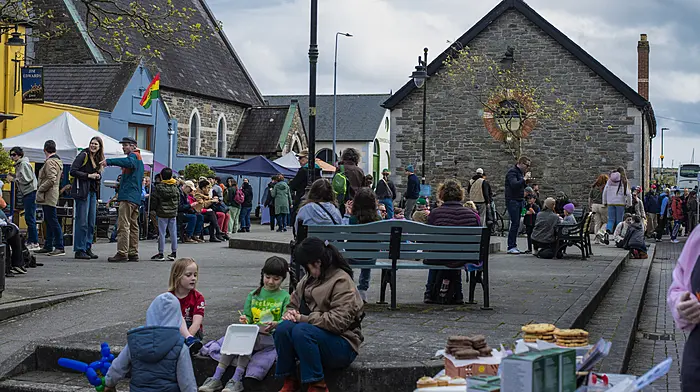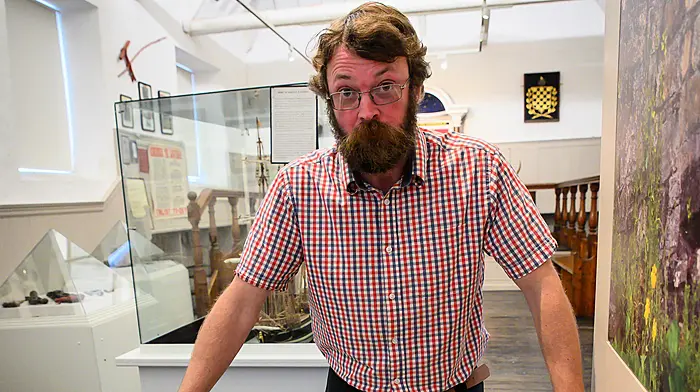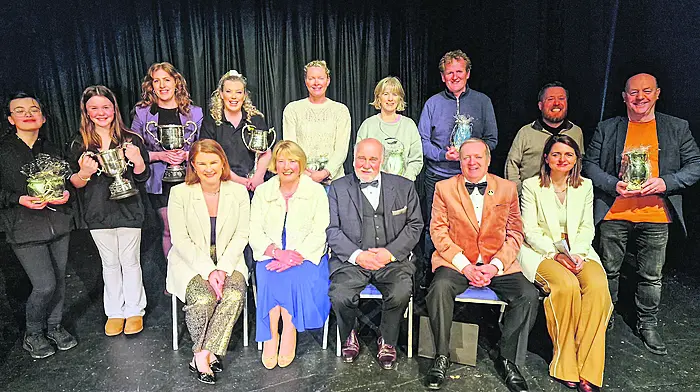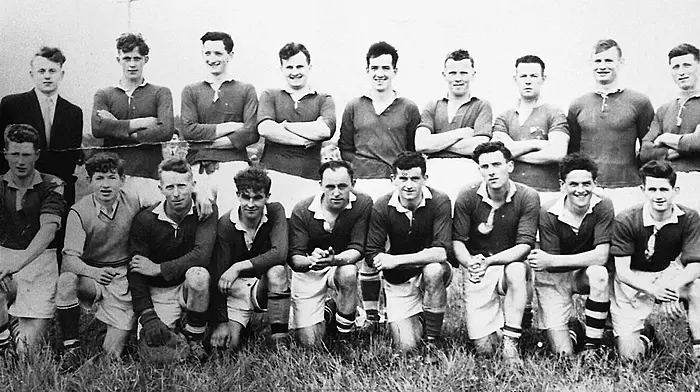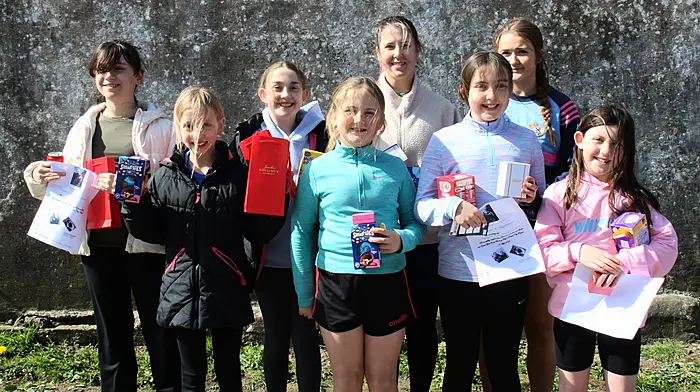By EMMA CONNOLLY AND
MARTHA BRENNAN
WEST Cork could lose out on the post-Covid boom for rural areas, because while auctioneers are reporting huge interest in people wanting to re-locate, good broadband is their top priority.
This week Sherry FitzGerald reported a huge surge in interest from individuals and couples who, now able to work from home, are looking to move back to their birth towns and regions.
But, they added: ‘Reliable broadband is a prerequisite for these house hunters.’ The interest in relocation to rural areas was echoed this week by local auctioneer Sean Carmody of Charles McCarthy Auctioneers in Skibbereen.
‘Interest levels have grown significantly, especially for young families,’ Sean said. ‘Last weekend I had viewings from a number of people in Dublin and Cork city.’
Sean said that broadband is a big issue that potential buyers consider, and that customers would be slow to move anywhere without a stable connection. ‘It is a big thing now that most people are working from home. The broadband’s usually fine if you’re close to a town, but there are areas where it isn’t,’ Sean said.
Auctioneer Martin Kelleher in Clonakilty said his office has seen similar interest.
‘Immediately after lockdown was lifted we had a spike in enquiries,’ Martin said. ‘Everyone is re-evaluating and asking how they can improve their living.’
He’s had enquiries from Cork city and Dublin but also from London and New York. ‘Most of these people have a connection to the area,’ Martin said.
‘They planned to move home eventually, but this was their wake-up call to take the plunge. But what people are most interested in is broadband. They are looking for numbers and speed tests, which is a new one for us and it’s something that we’re getting more tuned into.’
The news comes in the same week as a West Cork-based music lecturer said he would go all the way to Europe to get better broadband for rural areas, after his students struggled with sub-standard internet connections during lockdown.
Hugh Rance, a music teacher for Cork ETB School of Music, conducted a survey which found that only 20% of participating families had broadband which met EU targets which were to be in place by 2020.
Hugh piloted online lessons for the ETB over the first two weeks of the lockdown, enabling the 60 teachers for Cork ETB School of Music to provide lessons to 1,700 of its students in the county.
For the pilot he surveyed 30 families in Skibbereen, Bantry and Schull and asked them to test their broadband.
‘Some online lessons were made difficult or impossible due to distorted audio and video and were interrupted by time lags, freezes and disconnections.’
Hugh said the National Broadband Scheme was set up to provide all consumers in Ireland with a minimum of 30mbps download under the EU’s target date of 2020. ‘But as this report and survey results indicate, this target is far from being met, particularly for rural users. Only 22% of students’ broadband tested met the above criteria and only 40% of teachers’ broadband.’
Hugh added: ‘Where broadband is the sole medium through which students receive their
education, it follows that the State must ensure this medium is able to fulfil this equality, access and participation.’
Hugh has been in touch with ComReg to ask them to contact broadband providers to ask them to increase their upload speeds for the benefit of both students studying online and home workers.
‘ComReg advised that consumers in general, including students, should refer to their individual contracts which set out the maximum and advertised upload and download speed,’ he said.
Hugh has also shared his results with West Cork resident and online educator David Puttnam who previously noted that this needed to be treated as a ‘human rights issue’.
As well as circulating his report to relevant ministers, Hugh said his next step will be to write to EC Commissioner Thierry Breton to establish exactly what Ireland’s obligations are.
Social Democrat Deputy Holly Cairns also echoed his concerns this week and revealed that her party is also conducting a survey on poor broadband and seeking input from the public.
‘Every week I get several calls and messages about the poor or non-existent broadband connections and get unsatisfactory replies from government,’ she said. ‘Families can’t video call their loved ones, students are unable to participate in school and college, and people working from home are actually working in church car parks,’ she added, referring to The Southern Star’s recent front page story about Gaggin residents.




